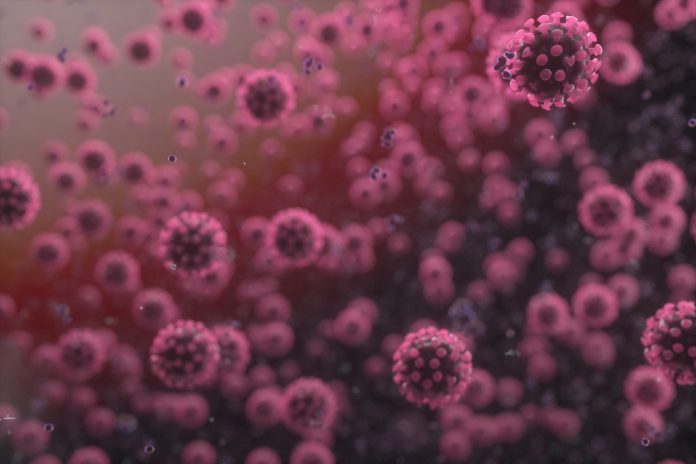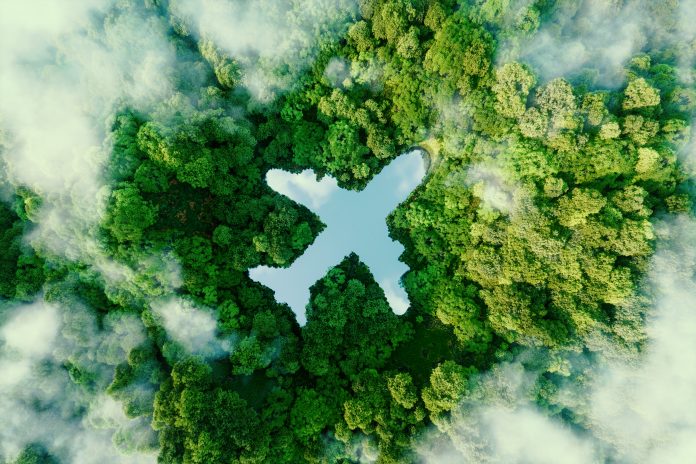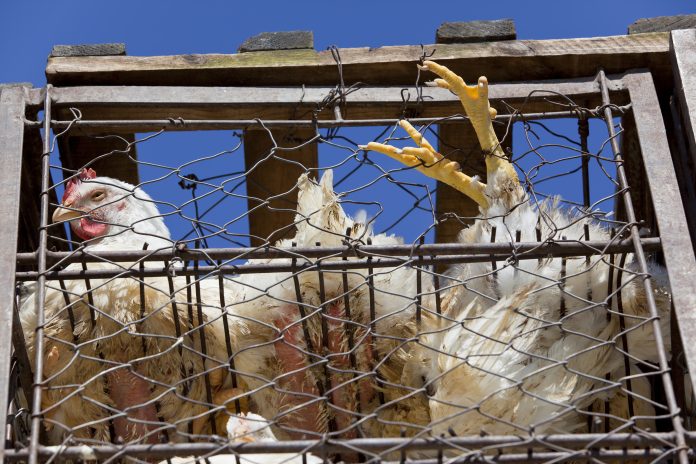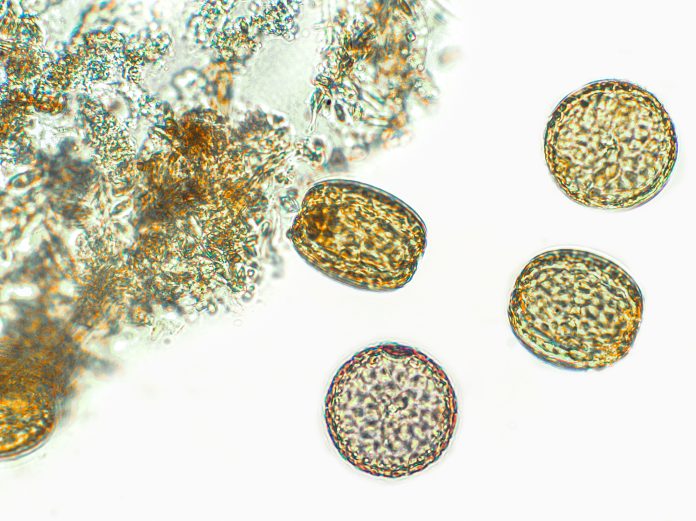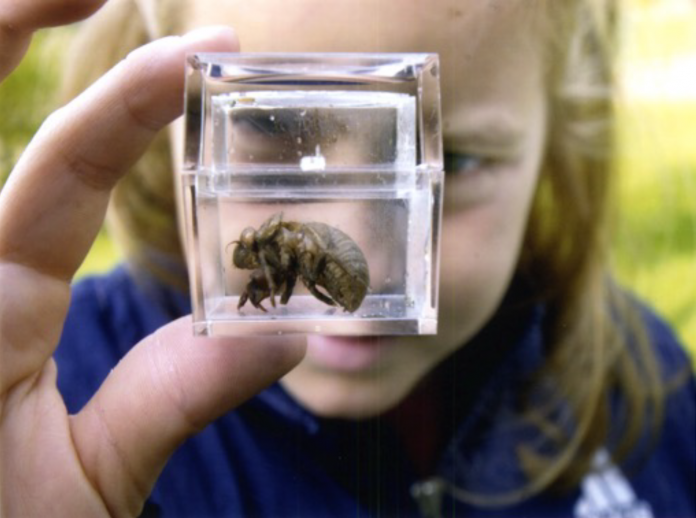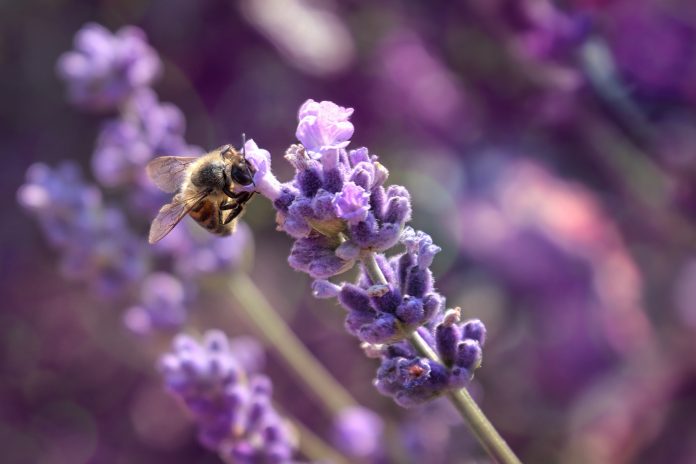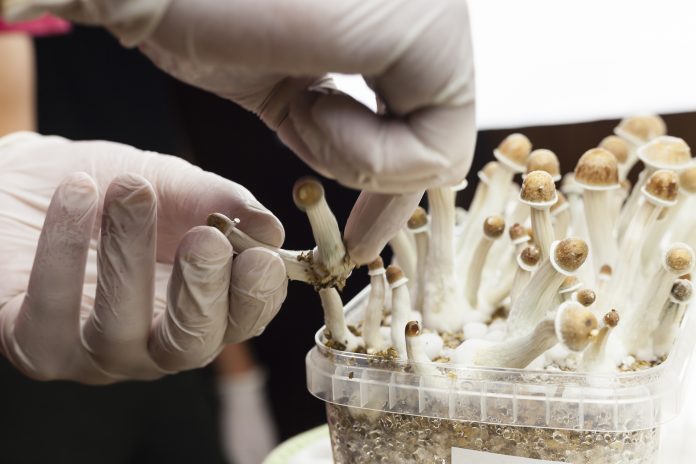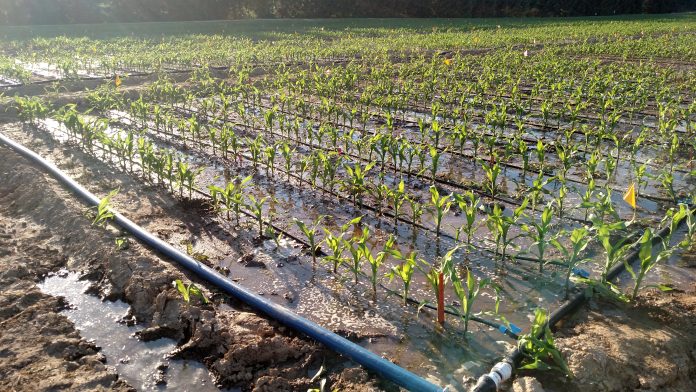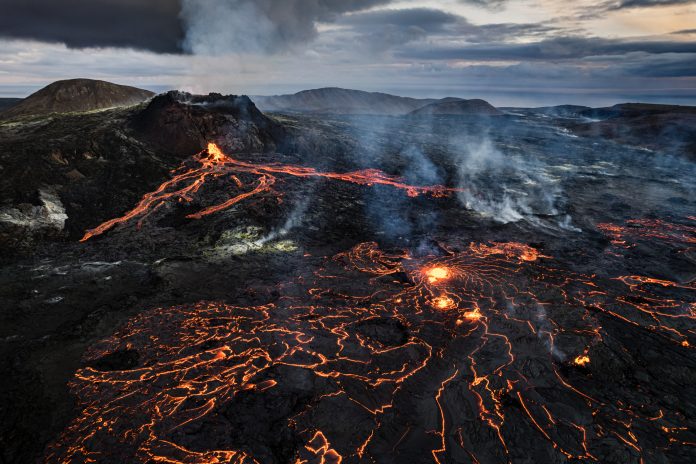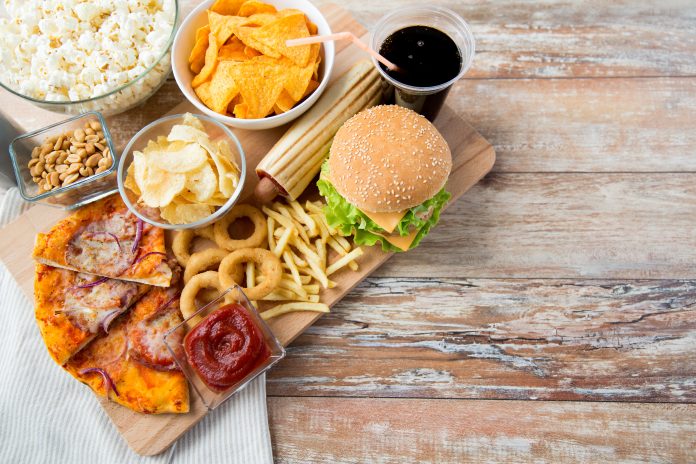Home Search
food - search results
If you're not happy with the results, please do another search
Why we’re turning plastic waste into eco-conscious clothing
Upcycled Medical Ltd explores why they're turning plastic waste into eco-conscious clothing.
The potential of microparticles for active surveillance of infectious diseases
Emmanuel Kifaro from the SACIDS Foundation for One Health, and College of Veterinary Medicine and Biomedical Sciences, Sokoine University of Agriculture, Tanzania, details the potential application of microparticles for active surveillance of viral infections from non-invasive animal matrices.
No more wasted chances: rethinking overconsumption culture
Attitudes to material acquisition have varied greatly through the ages, and now, the world is exacerbating the climate crisis with overconsumption. How do we change this?
Achieving an effective business response to sustainable travel
Thomas Power, Co-Founder and CEO at Pura Aventura, the leading provider of sustainable travel, discusses the importance of businesses in addressing the climate crisis.
Why we must end factory farming before it is too late
Why should we end factory farming? The intensely cruel farming process is responsible for extreme animal cruelty, pollution, wildlife extinction and global hunger.
EAT2beNICE Project: The correlation between diet and mental health
Jeanette C. Mostert & Alejandro Arias Vasquez from the Departments of Genetics and Psychiatry, Radboud University Medical Center Nijmegen, The Netherlands, reveal that diet and mental health are linked, as they reflect on the lessons learned from the Eat2beNICE project.
The global regulatory landscape for psychedelic drugs
Jessica Riggleman, Owner of Raeco, LLC, examines the global regulatory landscape for psychedelic drugs, with a particular focus on Schedule I classification.
Personalized diet intervention in Thai ageing populations
Professor Apichart Vanavichit a Rice Genomic Breeding Expert at the Rice Science Center looks at diet intervention and therapy for the ageing population of Thailand to prevent disease.
Can we produce new medicines from microalgae?
Inflammatory bowel disease (IBD) is a chronic inflammation in the digestive tract. Currently no effective treatment exists, something that the researchers of the EU-funded Algae4IBD project want to change with the help of microalgae.
Estimates suggest population growth rate to peak at 8.6 billion
A new projection of the population growth rate highlights that the world’s population could peak at 8.5 billion people by 2050, and decline to 7 billion in 2100.
Why is engineering design important for all leaners?
Engineering design systematically identifies needs, wants, and problems and then devises solutions to address them. A central component of our work is guiding students in the engineered design of solutions to local environmental problems.
Biodiversity COP15 – A stepping stone towards effective access and benefit sharing
Here, Dominic Muyldermans and Markus Wyss explore the opportunities and challenges on the journey towards effective access and benefit sharing across the globe.
Psychedelic therapies are returning to psychiatry
Professor Erika Dyck, Canada Research Chair in History of Health & Social Justice at the University of Saskatchewan, looks to psychedelic therapies outside the pharmaceutical industry to aid mental illness.
What is stopping institutions from building green campuses?
Green campuses can be key to higher and further education institutions to achieve the sustainability targets prospective students increasingly look for.
Exploring and understanding Egypt’s sustainable initiatives
Luma Saqqaf, CEO of Ajyal Sustainability Consulting, walks us through Egypt’s sustainable initiatives, especially Egypt Vision 2030.
Weathering the storm: Exploring flooding in agriculture
Christine Sprunger, the Assistant Professor of Soil Health at Michigan State University, aims to understand how the flooding in agriculture has increased with climate change and how farmers can better adapt.
Tracking animal migration with stable isotopes
Keith A. Hobson from Western University and Environment and Climate Change Canada, walks us through tracking animal migration with stable isotopes, starting with some background information.
More steps need to be taken to predict volcanic eruptions and activity
Despite there being a lot of resources available to reduce the risks of volcanic eruptions, researchers note the world is “woefully unprepared”.
Chocolate and health: What are the benefits of chocolate?
660,990 tonnes of chocolate are eaten every year in the UK - that’s around 11 Kg of chocolate per person per year, but are there possible benefits of chocolate?
Western diets high in fat and sugar cause non-alcoholic fatty liver disease
Link established between western diets high in fat and sugar and the development of non-alcoholic fatty liver disease, the leading cause of chronic liver disease.



